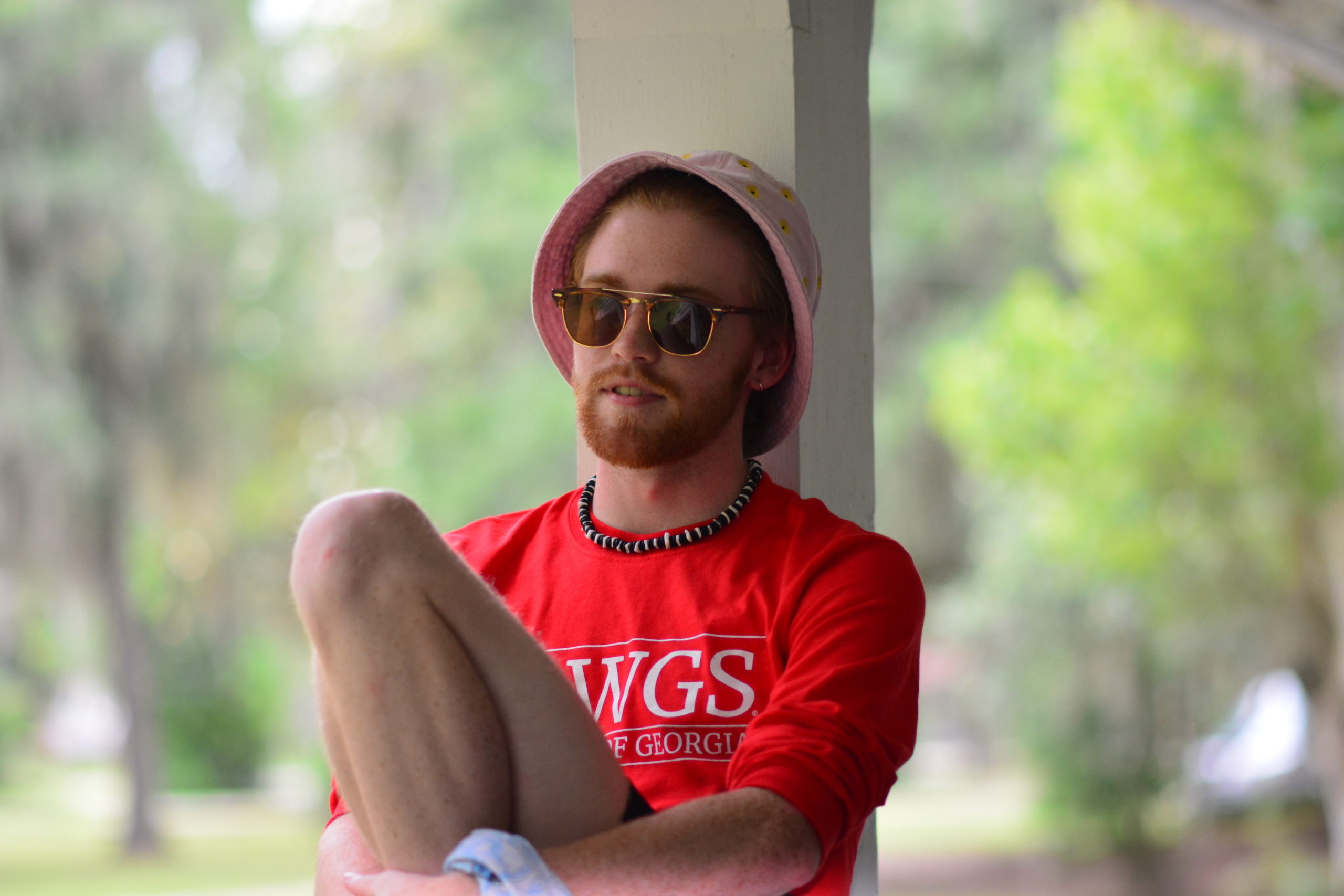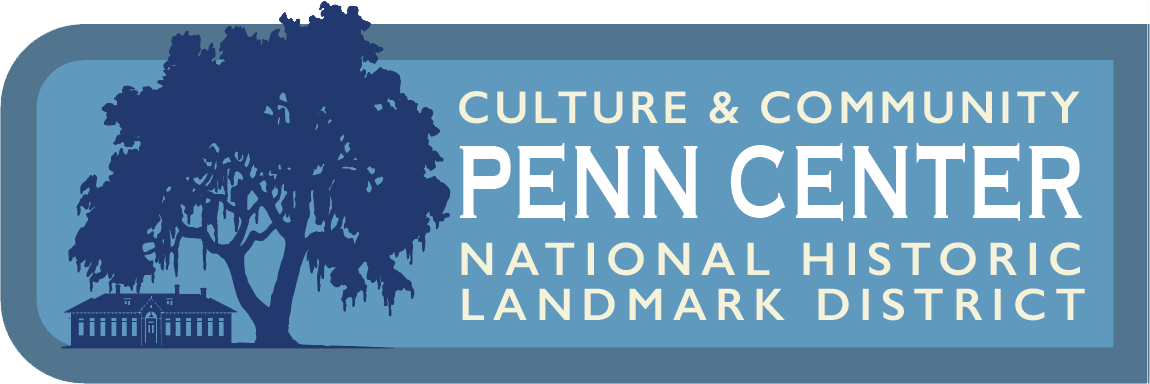Student Testimonials: Research Residencies
Culture and Community at the Penn Center National Historic Landmark District holds Student Summer Research Residencies each academic year. These include faculty-led undergraduate and graduate student place-based studies which are embedded in courses offered at UGA and partner institutions, as well as on-site workshops which are open to non-students as well.
Students visit Penn Center for a period of several days during these residencies. These testimonials are from students who have participated in the residencies and were willing to share their reflections on the experience.
2022 Residencies
Cameron Nesmith
UGA College of Environment + Design, master’s candidate, Historic Preservation
Physically, emotionally, and spiritually, the experience of being at the Penn Center connected me to the history and souls of those who paved the way for someone like me. I could not believe how much character and integrity had been maintained in the landscape and property. From the architecture, to the salty smell of St. Helena Island, to the welcoming aesthetic of the environment, at Penn Center you feel, breathe, and see the Gullah-Geechee history that so many Americans do not know. My interactions with fellow students from Spelman College and the College of Charleston; my current institution, the University of Georgia; The University of North Carolina at Chapel Hill; and my alma mater Morehouse College pierced my heart and touched my soul.
The residency faculty and mentors were also pivotal in making this experience for me a life-changing one. My conversations with Dr. Barbara McCaskill, Dr. Valerie Frazier, Dr. Nik Heynen, Dr. Kimberly Jackson, Mr. Maurice Bailey, Dr. Valerie Babb, Mr. Ahmad Ward, Mr. Dave Marr, Ms. Angela Dore, and many others demonstrated to me what peace, balance, and control of your own life narrative looks like. Learning about their ongoing and often challenging study of the Black diaspora guided me to how to best continue my own studies in ways that will allow me to honor my sense of self and personhood.
My favorite day of the residency began with a bus ride to Hilton Head Island led by Dr. Emory Campbell, a Hilton Head resident and descendant, historian, and steward of Gullah Geechee culture and communities. Dr. Campbell expounded on and interpreted the history of Gullah Geechee people in coastal South Carolina. He reflected on how Gullah Geechee people were early cultivators and inhabitants of the Lowcountry. He discussed how the landscape has drastically changed over time and how many in the community are rapidly being displaced from their own homeland.
Our first stop on Hilton Head was a visit to a tabby cabin that had been erected, occupied, and preserved by Gullah Geechee people since the seventeenth century. The leader of the preservation project, Mr. Thomas Barnwell, is a distinguished alumnus of Penn School and Tuskegee University, where he gained the agricultural, industrial, mechanical, and technical skills to reconstruct the cabin with a team of generous allies and like-minded preservationists who believe in the visibility and significance of Black history. Mr. Barnwell stressed the importance of how Black historical preservation properly is conducted in phases, showing that it takes time, patience, economic resources, grassroots engagement, and alliances with diverse individuals to preserve such evidence of Gullah Geechee cultural influence. His work speaks volumes to young changemakers like me who advocate for the history of African Americans.
Our last stop of the day was by far the most rewarding for me. We visited Mitchelville Freedom Park, the site of the first free Black community to establish itself in the South during and after the Civil War. We began by engaging in fellowship and communion and we ate the best meal that anyone can have in the Lowcountry. Chef Thomas Baker, a descendant of Gullah Geechee peoples, gave us a very thorough cultural discussion of our distinguished meal, shrimp and grits. Afterwards, Mr. Ahmad Ward, a historian and the executive director of Mitchelville Park, gave us a guided tour and interpretation of the park’s history, and he presented future plans and projects to restore, rehabilitate, and preserve this historic site.
From this day on Hilton Head Island, to late afternoons on the dock, to the intensive conversations with my leaders and peers, the Penn Center summer research residency truly changed my life for the better. I have not had a trip or an experience in a long time that has made me that joyful, and assured that the future generation of Black Studies scholars is rising. As a young historian, scholar, researcher, and preservationist, I have time and room to continue to create relationships similar to those I made at Penn Center to enhance the lives of Black people in the Lowcountry and across the United States.
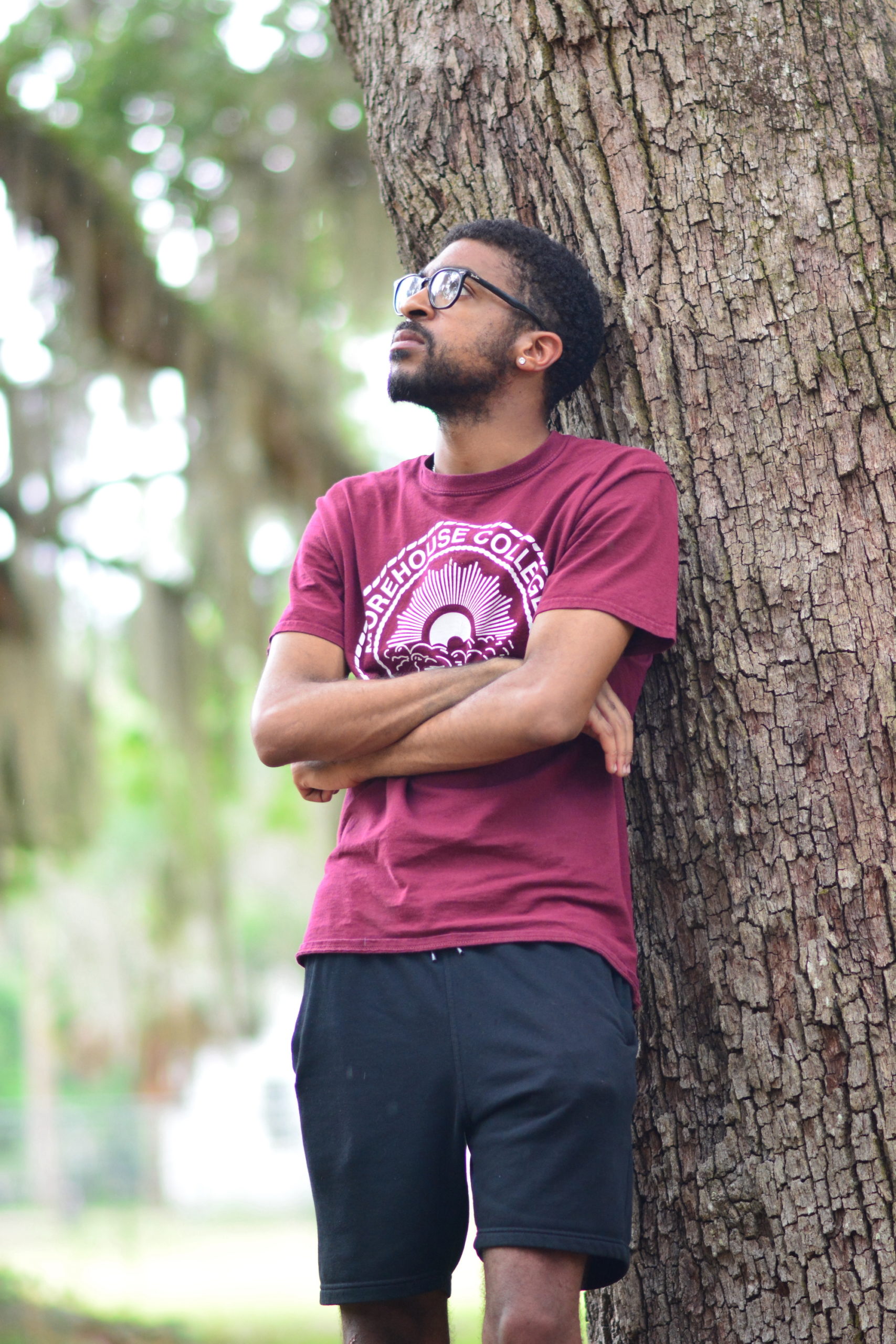
Sommer Hipple
UGA College of Agricultural and Environmental Sciences, Class of 2022
Last summer I had the privilege of participating in Dr. Barbara McCaskill’s three-week Maymester course at UGA, which culminated in a week-long residency at the Penn Center National Historic Landmark District, St. Helena Island, South Carolina. The course, entitled “Land as Liberation in the African American Freedom Struggle” (ENGL 4960R), piqued my interest not only as a student of UGA’s agricultural college, but also as a young southern white woman aspiring to become a veterinary medical professional, a member of a predominately white and female career field. The residency provided me with an opportunity to confront my own sense of privilege and to sit with uncomfortable truths about agriculture in the contemporary South.
Hands down, this was my favorite course I took towards my undergraduate degree. Dr. McCaskill carefully crafted our course to include a diverse selection of literary works and films that captured different perspectives of southern Black farmers and civil rights figures. The media she selected did an excellent job preparing us for the conversations held at the residency. The Penn Center National Historic Landmark District was the site of several different, significant freedom movements for African Americans. From the Port Royal Experiment of 1862 to educate formerly enslaved African Americans on the South Carolina Sea Islands came one of the first schools in the South for Black people, Penn School, which was renamed Penn Center decades later. Penn Center served during the 1960s as a safe haven for Rev. Dr. Martin Luther King, Jr. and other civil rights activists and organizations to meet and plan strategies such as the March on Washington for Jobs and Freedom and the Poor People’s Campaign. Penn Center’s twenty campus buildings, including a home-away-from-home built for Dr. King, display unique architecture.
During the residency, we talked extensively with members and elders of the St. Helena Island community, as well as invited speakers, about contemporary issues such as heirs’ property, the gentrification and loss of Gullah-Geechee communities, the importance of land to Gullah-Geechee culture, and the role of farming collectives and rural Black communities in the African American freedom struggle. One of the speakers, Mr. Maurice Bailey, discussed how his home of Sapelo Island was fighting to preserve its history and legacy through farming and processing heritage crops such as sugar cane and indigo in order to generate income for the Island’s residents and keep young people from leaving for jobs on the mainland. We traveled to Hilton Head Island whose Gullah Geechee residents face similar challenges to maintain their communities and culture.
This unique residency brought together students and faculty from Morehouse College, Spelman College, the College of Charleston, and University of Georgia. It was interesting to learn about programs at different campuses and the pride and traditions of HBCUs. I appreciated the opportunity for us to step outside of our respective university bubbles and share thoughts on topics ranging from social and environmental issues to music and movies. As a result, we bonded and became very close friends.
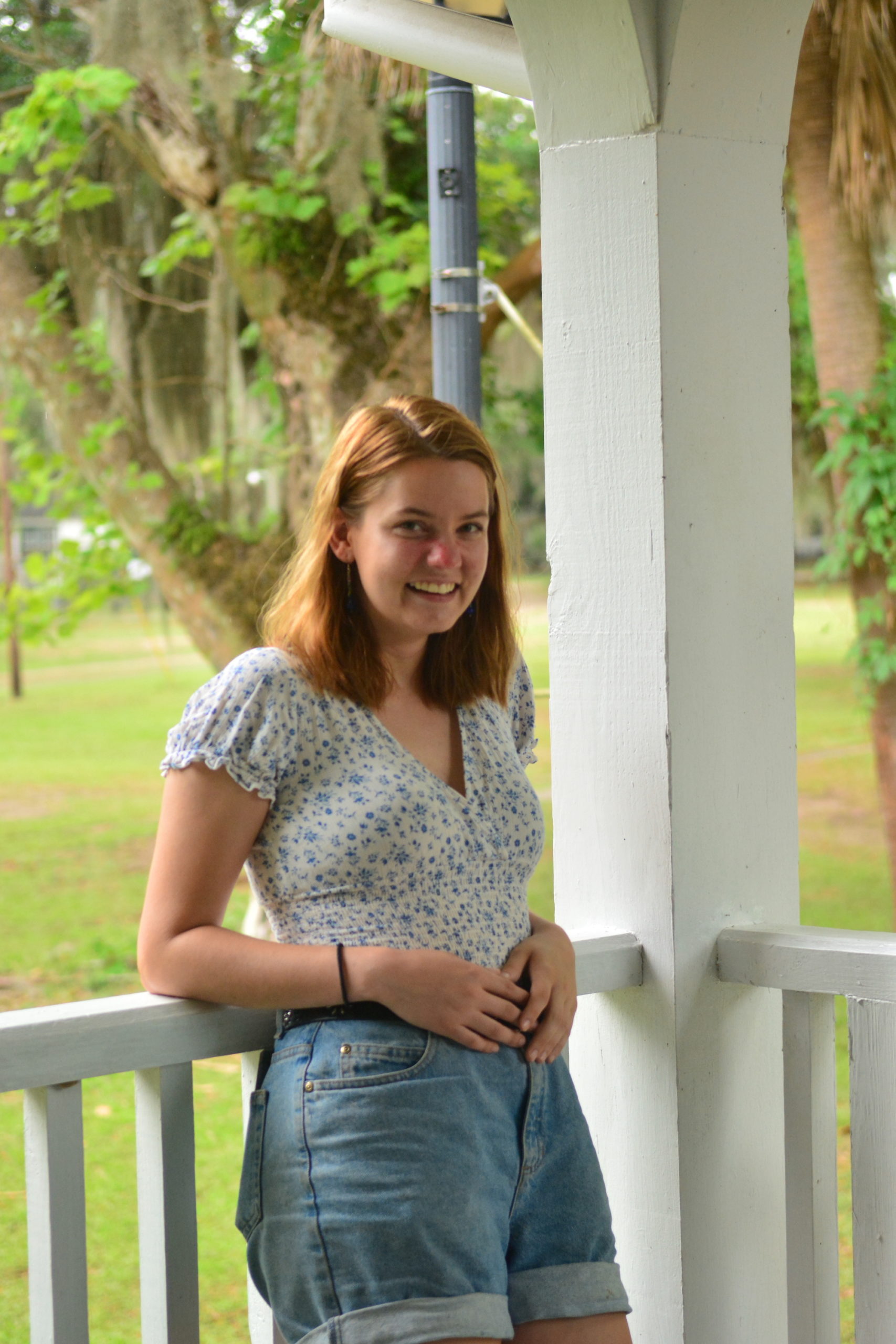
Aslean Janelle Florence
UGA Sociology major, African American Studies minor, Class of 2023
The residency at Penn Center was very meaningful because it modeled the definition of community and the meaning of perseverance. The educators, speakers, students, and residents welcomed students like me who were eager to learn the history of the Penn Center and Gullah-Geechee people. It was an honor to live on the grounds and literally to walk through the history of this place.
From its origins as one of the first schools in the South for formerly enslaved people to its role during the 1960s as a place where Dr. King drafted his most well-known speech, “I Have a Dream,” Penn Center has continuously contributed to the history of African Americans. It was enriching to learn about Gullah-Geechee culture from the tasty meals we ate to the handmade sweetgrass baskets that we viewed on exhibit at Penn Center’s York W. Bailey Museum.
I have never experienced such an interaction with students from HBCUs and PWIs with the purpose of learning the deep and important Gullah-Geechee history. When I first arrived at the Penn Center, I didn’t know anyone. On the last day, I felt like a member of a family. The connections I made with the other students genuinely will transcend this brief time and because of that I am eternally grateful.
The residency exposed me to the possibilities of what I could learn and study about the history and culture of coastal Black southerners. An amazing Gullah-Geechee artist, Ms. Lisa Rivers, spoke about her museum exhibition. I instantly felt connected to her story of grief and to how she also creates Black joy in art form. Another visit to Mr. Thomas Barnwell’s tabby ruin enabled me to understand the value of conservation and protecting historical landmarks. Meeting a variety of students who were in doctoral or master’s degree programs inspired me to think more deeply about my own study as an aspiring African American scholar of history.
The summer student research residency also opened another opportunity for me. This Spring Semester 2023 I am enrolled in the UGA theatre and film studies department’s community-based theatre class taught by Dr. Emily Sahakian. She will bring this class to one of the two summer research residencies offered at Penn Center in 2023. Since I have completed the residency, my confidence as a student has soared and the opportunities I have explored are direct outcomes of the program. The residency has forever changed my life. I hope to in turn reach out to help others and honor the history and present projects of Penn Center.
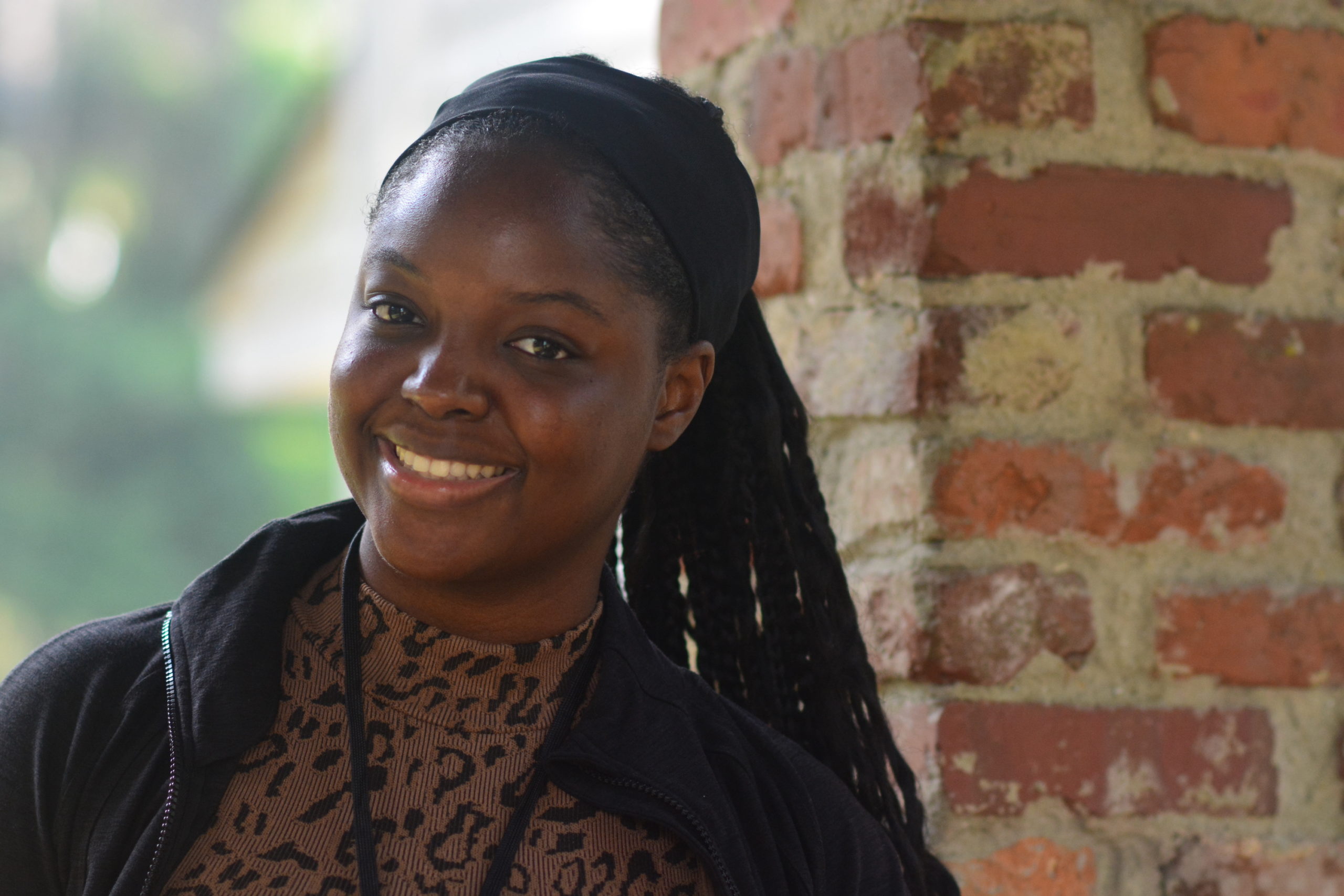
Elijah Humphries
UGA Geography major, African American Studies minor and certificate in Urban and Metropolitan Studies, Class of 2023
My week on St. Helena Island at the Penn Center National Historic Landmark District was a critical experience for me that has enabled me to move forward with my life, academically, professionally, and personally. The weeks leading up to the trip in Dr. McCaskill’s classroom were a brilliant microcosm of what makes the classroom transformative: deep reading, open discussion, and the transfer of knowledge forward in an engaging and understandable way. At Penn Center, seeing the old Brick Church where formerly enslaved people worshipped and learned to read and write, visiting the Retreat House built for Dr. King who drafted versions of his “I Have a Dream” speech at Penn Center, and living in the residence buildings that housed the earliest students and faculty were all inspiring and brought to life the history we read about and discussed.
Interacting with students from other schools was also beneficial. Conversations with fellow students from different schools such as Spelman and Morehouse has assisted me in choosing classes at UGA this past year, and I enjoyed connecting with people who care about similar issues and are available for me reach out to and rely upon for advice or opinions. The speakers and tours on St. Helena and Hilton Head Islands and in downtown Beaufort made it feel as if no moment was wasted. And I have drawn on what I learned from these programs going forward.
Finally, the 2022 summer student research residency shifted my academic career. I truly cannot recommend it enough. My master’s thesis in Urban Planning and Design is now themed around the type of preservation and conservation work we learned about on the island, and it has informed my extracurricular involvement since then. Titled “Municipal Resolution of Heirs Property as Reparations,” my thesis project focuses on the economic and social community benefits of government aid and forethought in addressing heirs property. I also have been working with a nonprofit organization here in Athens that helps support ecological restoration and heritage crop efforts meant to support economic independence for the Hog Hammock Saltwater Geechee community on Sapelo Island. The conversations we had during the residency about the legal issues faced by the Gullah-Geechee people, particularly in relation to heirs property matters, has inspired me to work with the Georgia Initiative for Community Housing here at UGA.
